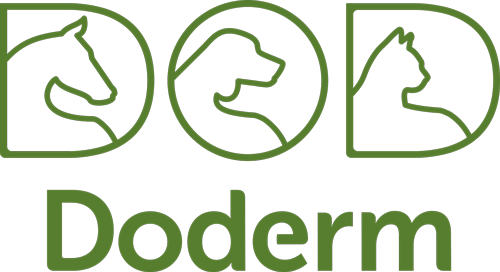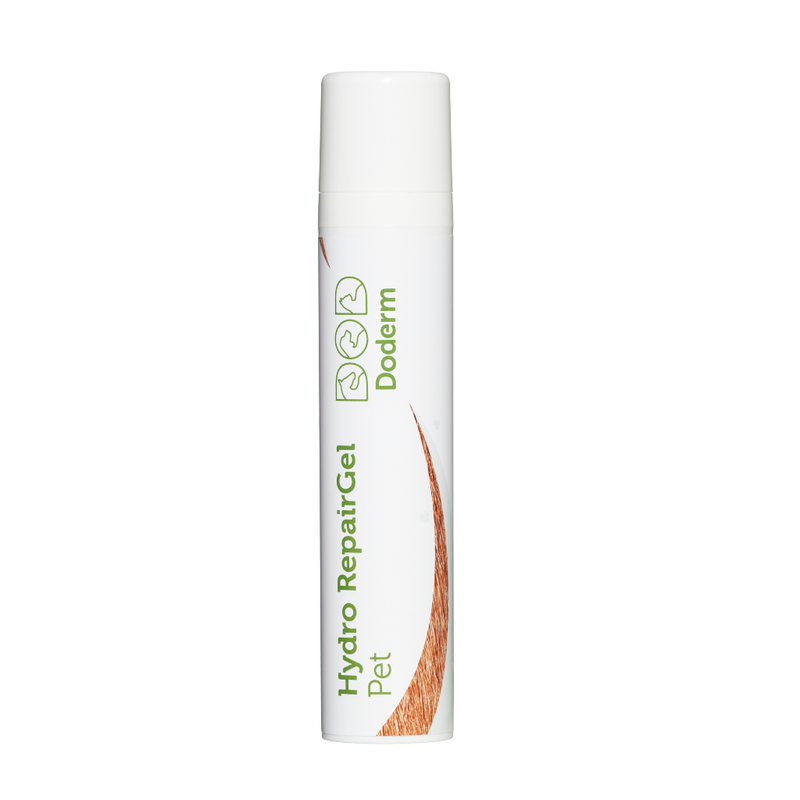Posted on August 19 2025
Many dogs love cheese – and many owners use it as a treat or to hide pills. But is cheese actually healthy for dogs, or is it something you should avoid?
Cheese as a Treat – Yes, But in Moderation
In general, dogs can eat cheese in small amounts. Cheese contains protein, calcium, and vitamins that can be beneficial for dogs. It’s especially handy as a training reward or for giving medications.
When Cheese Can Be a Problem
Not all dogs tolerate cheese equally well. Too much cheese can lead to diarrhea, gas, or weight gain. Watch out for the following:
-
Lactose intolerance: Some dogs are sensitive to lactose (milk sugar).
-
Fat content: High-fat cheeses can cause stomach upset or lead to weight gain.
-
Salt content: Highly salted cheeses are not suitable for dogs.
Which Types of Cheese Are Safe?
Better choices: Cottage cheese, young Gouda, mozzarella, or low-fat quark (in moderation).
Avoid: Blue cheese, highly salted or high-fat cheeses.
Did You Know? Skin problems in dogs can also be caused by food intolerances. Some dogs are sensitive to certain proteins or dairy products – and this often first shows up in their skin and coat through redness, itching, or hair loss.
Tips for Dog Owners
-
Offer cheese only occasionally as a treat, not every day.
-
Start with small amounts to test for tolerance.
-
Keep an eye on your dog’s weight – cheese is high in calories.
-
If your dog shows signs of skin issues, digestive upset, or unusual behavior, stop giving cheese and consult your vet.
Doderm – Support for Sensitive Dog Skin
If food intolerances or allergies are irritating your dog’s skin, Doderm can help. Made with natural antibodies from milk, it soothes irritated skin, promotes healing, and strengthens the skin barrier – gentle, effective, and free from unnecessary additives.
So your dog can enjoy their food and feel good in their skin.



0 comments